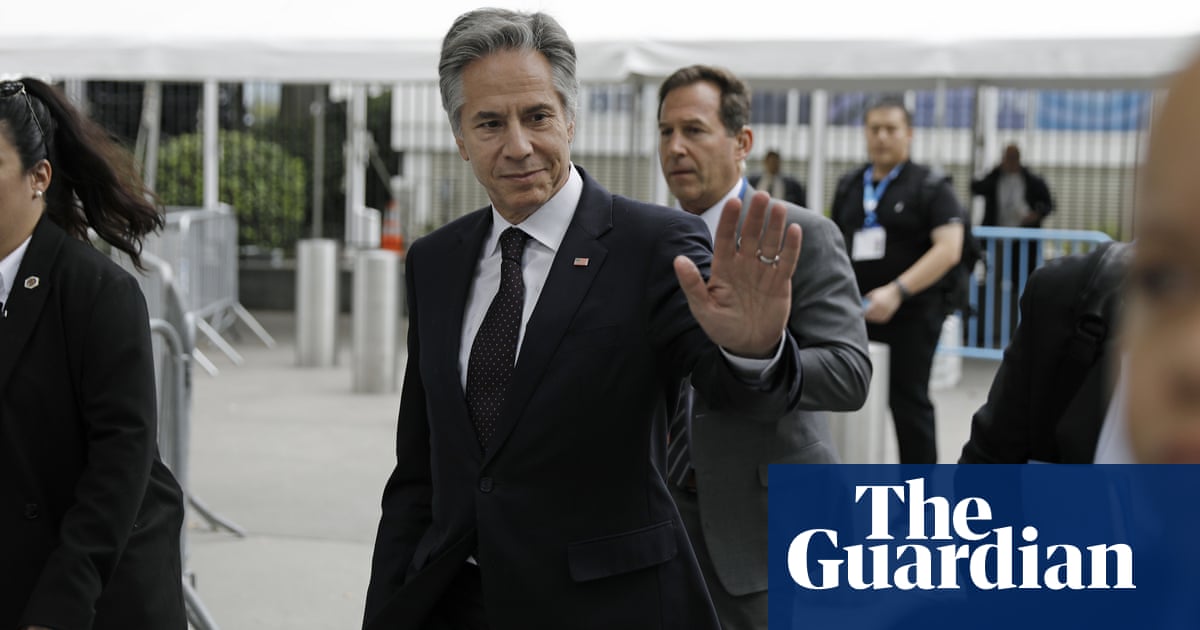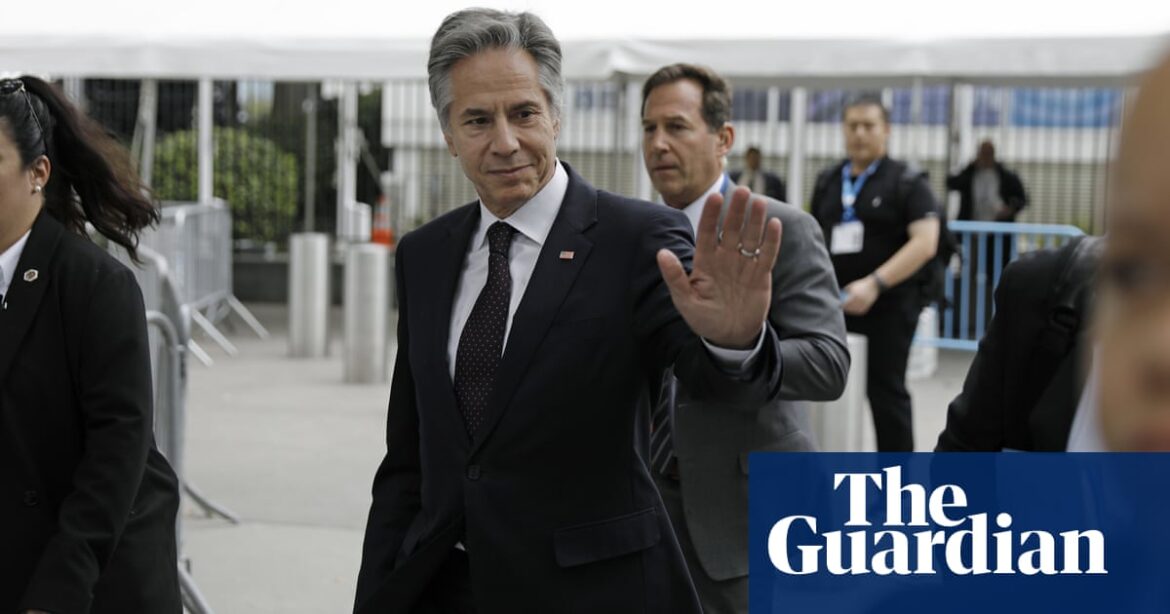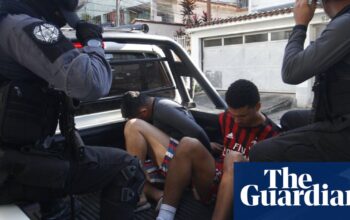
As diplomats from nearly 200 member states gather in New York this week for the United Nations general assembly against the backdrop of a massive Israeli bombing campaign in southern Lebanon, a nagging question to be addressed is whether the UN is too broken to be fixed.
UN officials are facing three intractable conflicts, in the Middle East, Ukraine and Sudan. While it remains one of the most important humanitarian organisations on Earth, overseeing relief efforts for refugees, natural disaster victims and others in dire need, the UN’s principal security body appears to be powerless to intervene in some of the world’s most grinding conflicts.
Supporters say that the UN remains a key forum for conflict resolution that has prevented even worse outcomes. And its leadership has recognised the need for radical change, devoting a significant element of its Pact of the Future – an initiative of the secretary general, António Guterres, adopted after gruelling negotiations last week – to efforts to reform the security council, which controls key decisions in the UN regarding peace and security.
The UN has billed the language of the agreement, which is non-binding, as containing the “most progressive and concrete commitment to security council reform since the 1960s, with plans to improve the effectiveness and representativeness of the council, including by redressing the historical under-representation of Africa as a priority”.
But before the summit, Guterres noted that the UN could not mediate conflicts where the parties taking part did not seek mediation, such as Russia and Ukraine or Israel and Hamas. The case of Russia, a member of the security council directly involved in a conflict, he added, showed that the security council had a problem “not only of effectiveness, but of legitimacy”.
“We will not solve all the problems of the world … The challenges are huge and probably many would give up but I can tell you we will not give up,” Guterres told the FT last week. “We have no power, we have no money, the United Nations, but we have a voice and we have some convening capacity,” he said, adding that those had been reflected in recent efforts on artificial intelligence addressed in the Pact of the Future.
Behind closed doors, diplomats in conversation with the Guardian played down expectations for any major breakthroughs at the UN on those conflicts, suggesting that deep divisions between the US and Russia, along with China’s gradually increasing independent influence, meant the security council was essentially paralysed to rule on a number of key issues.
Slovenia’s UN ambassador, Samuel Žbogar, the rotating president of the body, has condemned the “poisonous mood” on the security council, blaming both Moscow and Washington, which both wield veto power.
The shortage of funding for security efforts has put the institution at one of its most vulnerable moments in recent memory.
Richard Gowan, the UN director at the International Crisis Group, described the issues of UN reform as a “vicious circle”, saying that the ability to reform the group depended on the states whose own influence would be threatened by that reform, as well as significant internal hurdles to ratifying the agreements if they were made.
“It is so striking that the one thing I hear from a lot of diplomats here is it’s getting harder and harder to really get capitals to listen to what the UN is doing,” he said. “And I hear this from across the membership, because I think a lot of governments have just concluded the institution is losing relevance.
“And of course, if enough governments do that, then it becomes true.”
Source: theguardian.com



